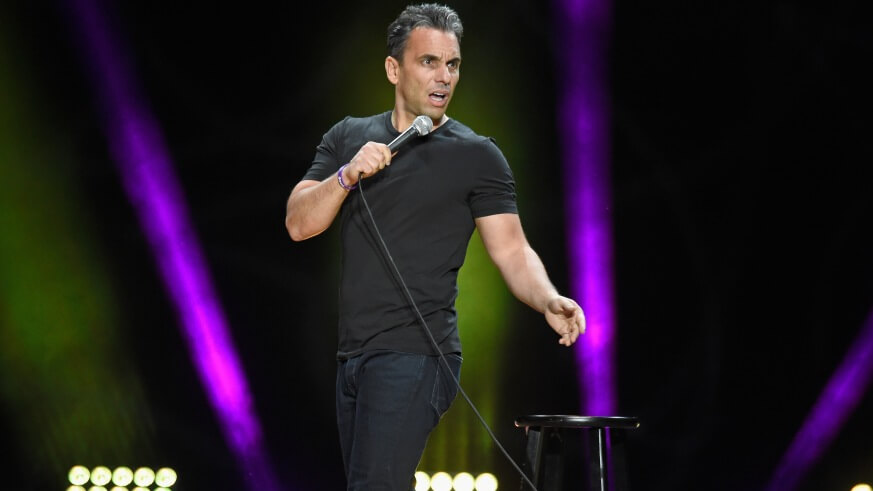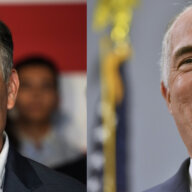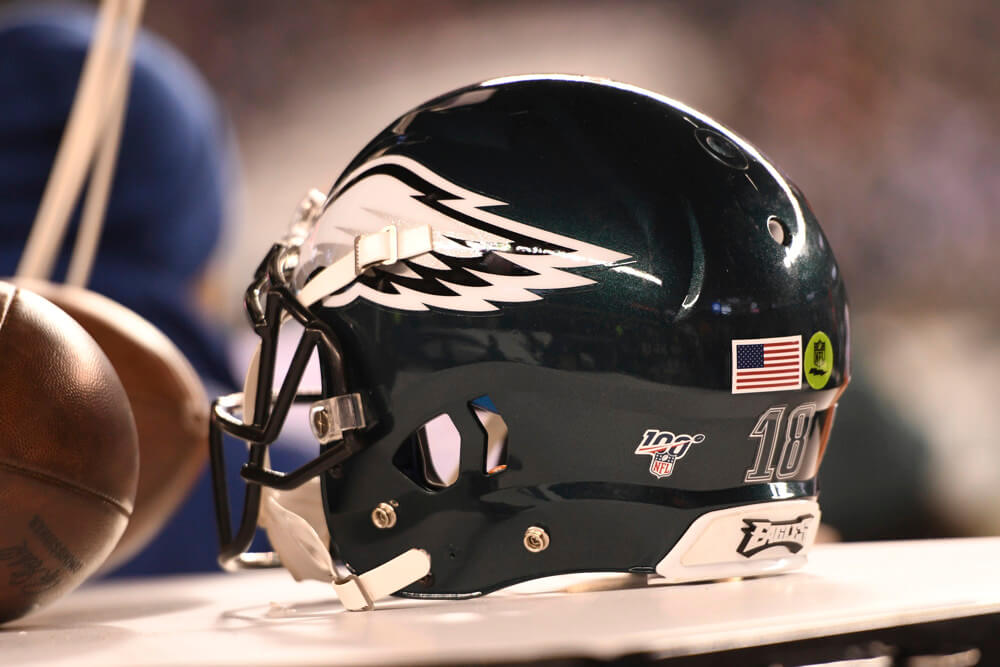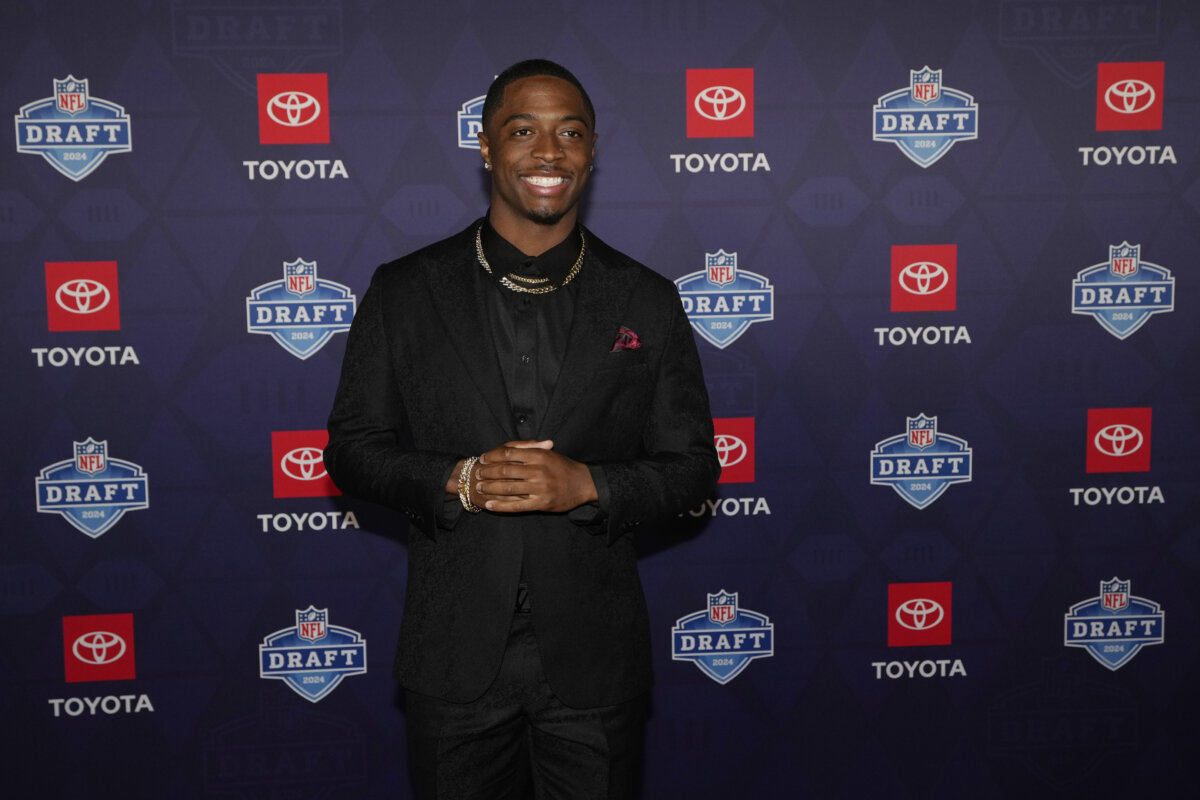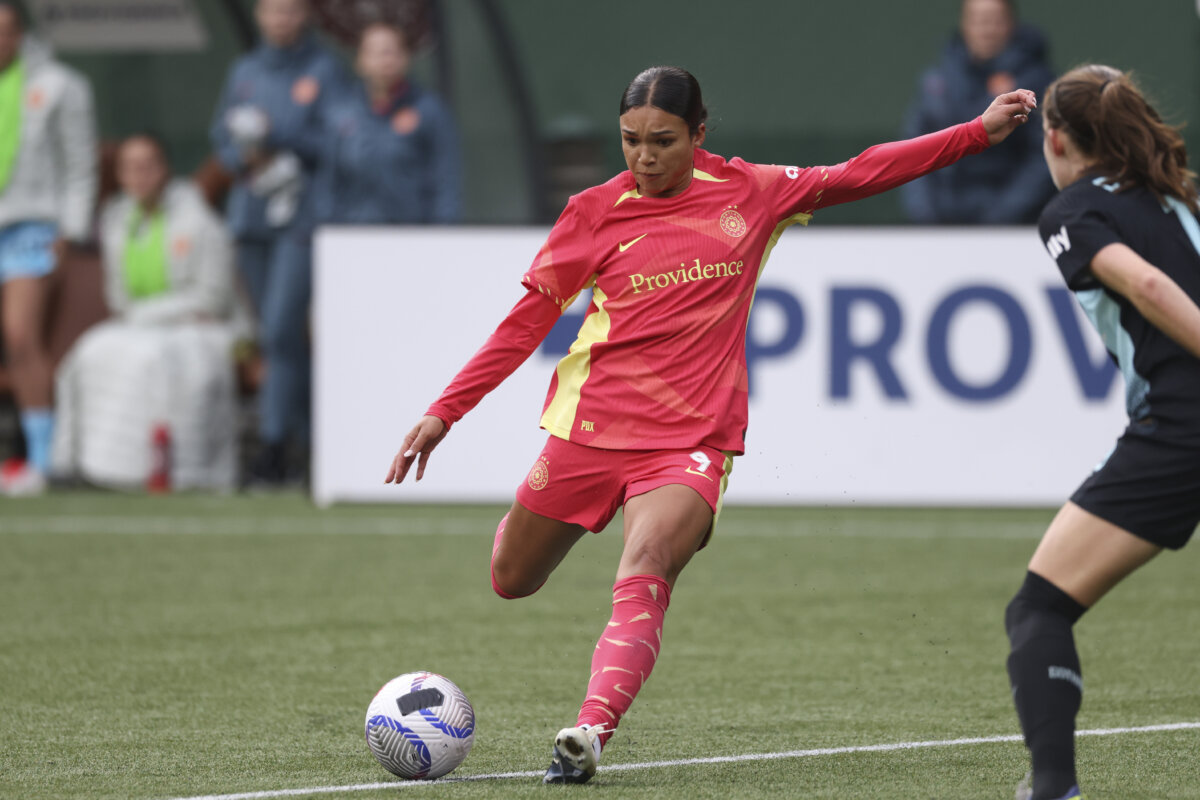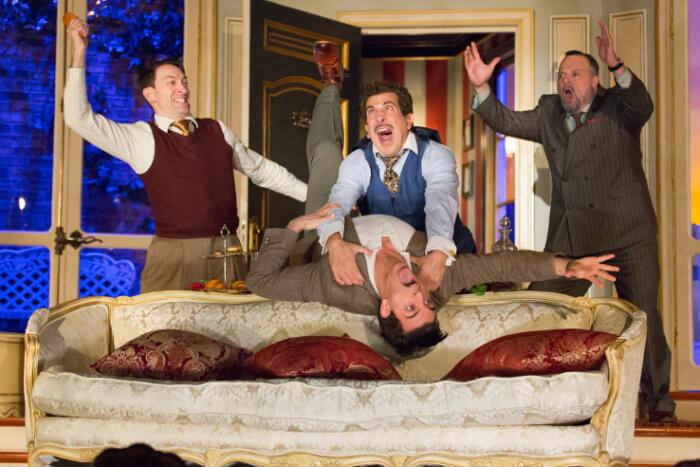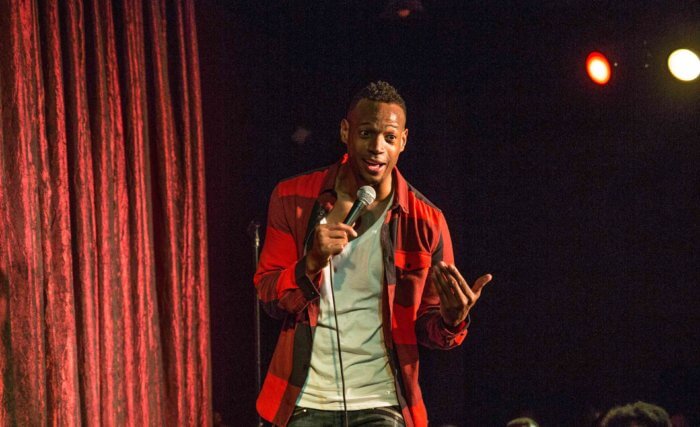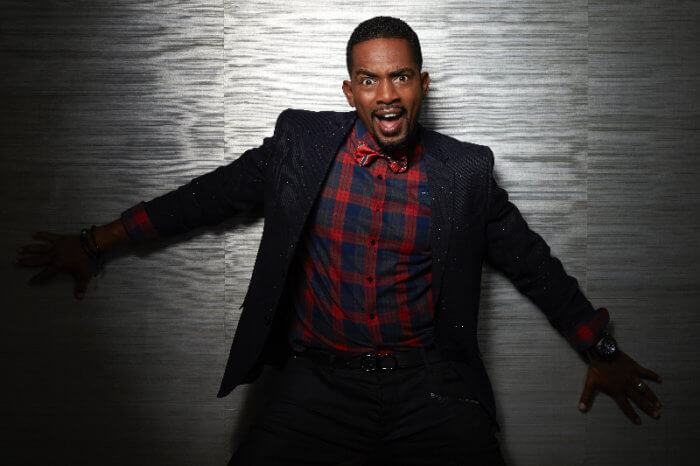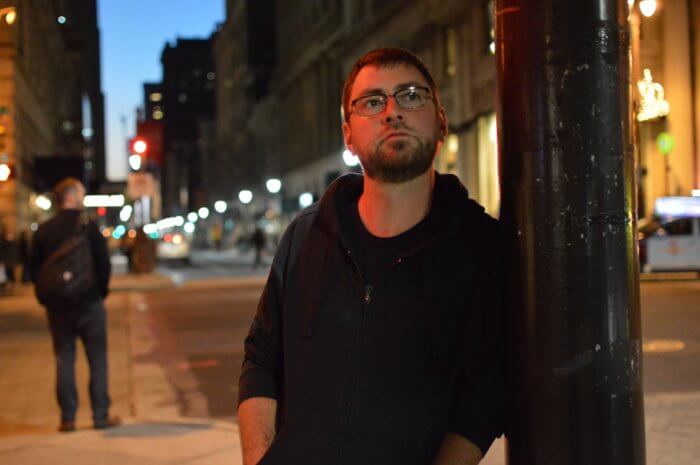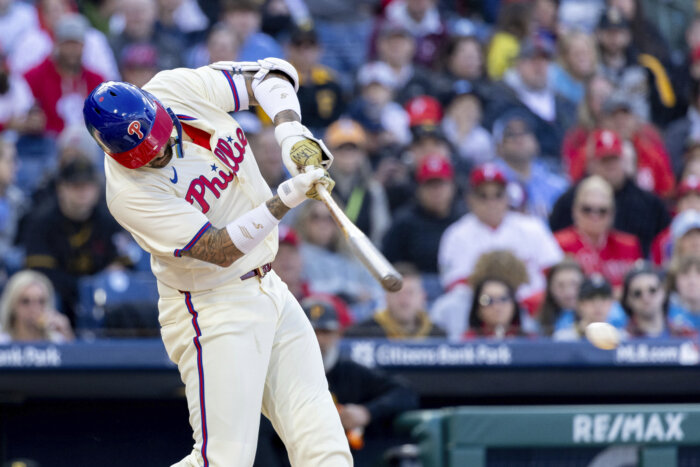You can’t accuse Sebastian Maniscalco of slacking. After years of doing stand-comedy in respectable, intimate rooms such as Philly’s Helium for 20 years, and opening for pals such as Bill Burr and Andrew Dice Clay, the Chicago-born Maniscalco has jumped into the bigger time, as shown by his inclusion on Forbes’ list of the world’s highest-paid comedians. Not only does he have a best-selling autobiography (“Stay Hungry”), and a role in 2019’s most notorious flick (Martin Scorsese’s “The Irishman” for Netflix), the comedian has been hosting huge runs at the Borgata (10 shows, sold out), followed by an arena tour, staged in the round, that brings him to Philly’s Wells Fargo Center on Sept. 13 and Wilkes Barre’s F.M. Kirby Center, Sept. 14. Surely, his physical signatures– a constant twitch of his feet, a nervous twerk in his hind quarters, wide eyes, big wobbly mouth — and family oriented jokes will play in the big rooms – he’s confident of it.
Sebastian Maniscalco on staying hungry and working with martin Scorsese

When we spoke in 2016, you were just dipping a toe into making movies, and writing the book. How did you know that you could bring the vibrancy of you stage act – which is very physical, very attitude-y, very dependent on you pulling faces – to different skill sets?
Sebastian Maniscalco: I get you. That came over time. I wasn’t so animated or so physical when I started – those bits were not so honed as they are now, That was very trial and error. The goal for me, what I wanted was to be as natural with my audience of 3,000 people as I am talking to my family. To get there, you must go through almost a transformation of losing your inhabitations. You don’t want to look stupid. It doesn’t fit inside of your skin. It doesn’t feel right or comfortable. And with that, it takes many many times of being on stage, and just letting go, to develop your stage presence – which is not so very far from who you are as a person. Just bigger. Fifteen years into a 20 year career is when I felt more comfortable, especially talking about my family, as opposed to the more observational humor I started with.
You narrowcast how you came up, and how you exist with your family.
Sebastian Maniscalco: Right. When I began to pinpoint how I grew up, and what my relationships to my family were like, I found audiences gravitating to those shared experiences. People would come in droves. And then they brought their friends, as I was speaking all of their collective languages.
Do you have any recent examples?
Sebastian Maniscalco: I’m working on this routine about how my daughter’s first birthday party, and how we had an alpaca at the house for it. My wife hired this animal, because my daughter loves it. Now, how I write my material, it’s not writing. It’s like telling your buddy or your wife a story, and you go through the beats of how you lived it. The way I do it just happens to be funnier. I noticed the alpaca, when it came in, walked a certain way now, I will act out how that alpaca walked when I’m on stage. Any physical elements to a story I will implement. It is not premeditated. If I did a routine about seeing a monkey at a zoo, I will act out the monkey’s part.
Speaking of acting, well, the Scorsese thing. Did he come to you, did you go to him? How did this happen?
Sebastian Maniscalco: I had my eye on “The Irishman” for several years, kept track of it through the grapevine. When casting came around, I told my agent there were parts that I thought that I was right for. .. We sent in a tape of my stand-up and bits of this independent film “Cruise” that my manager talked me into, thankfully as it showed off some acting chops. Scorsese liked what he saw, but not for the role I had gone in for. He wanted me for something else, ‘Crazy” Joe Gallo. Now, this figures into what I say in my book: in life, sometimes it might not work out exactly how you like, a bump in the road, and you head down the wrong fork. But you stick to it, stay hungry, never quit because you never know – and that’s how I wound up on “The Irishman.” I grew up with these guys. I mean, my first day on set, I’m working with [Robert] DeNiro and [Joe] Pesci. You can’t write that.
When you got the Joe Gallo role, what dedication did you have to being faithful to who he was? It is Scorsese doing a mob drama, afterall.
Sebastian Maniscalco: Absolutely. As soon as I got the part, I was hungry to find out all about him, who knew him, who could give me deep insight as to who this man was. What were his mannerisms – like he’s a smoker, so how did he hold his cigarette? Was he a lefty or righty. When he got out of prison, he started hanging out with Hollywood types. He even started hanging out with David Steinberg, the comedian who directed episodes of “Seinfeld.” Steinberg was his best man at Gallo’s wedding. I called and had a nice conversation about how well dressed Gallo becamse, and how he had a tiger as a pet.
You talk about this in your act, and in “Stay Hungry” – that your first “stage” was the dinner table where you shared funny stories over a meal. Were you learning how to manipulate a story to succeed, to get a better reaction? And does that stick you into the present?
Sebastian Maniscalco: I do remember coming home after school and recapping the day, whether it was what happened at recess or lunchtime or in class. All of us did that, sharing our experiences, My father was a hairdresser and he would tell us his stories from the beauty salon, My mother was a secretary, and she told us about what she had encountered at the elementary school where she worked. Growing up in the late ’70s and the early ’80s it was common in my neighborhood to sit outside and talk at night before going to bed or watching television. We’d finish dinner and go outside, pull up a couple of lawn chairs, and sit on our driveway. We’d talk late in to the evening; just commenting on who would walk by – human behavior you know – and how the houses looked. All of that is with me every time I plan a joke or hit the stage.



